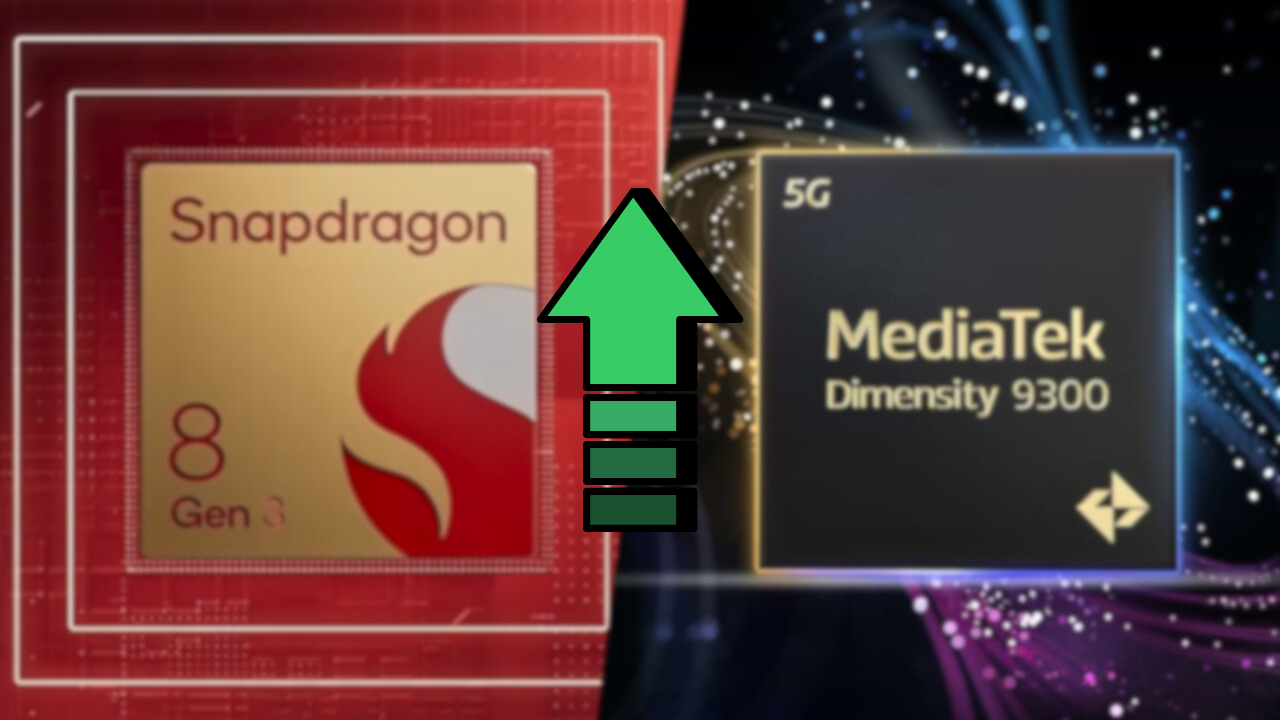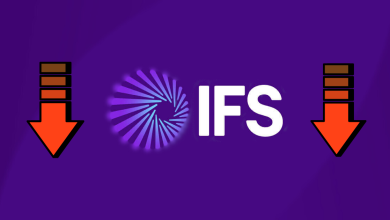Qualcomm and MediaTek’s Chip Price Hike Could Drive Mobile Companies Towards Exynos SoCs

Qualcomm and MediaTek have been raising the prices of their chipsets, which is why clients are now being forced to increase the pricing on their devices. Profit margins are declining, and companies that can, such as OEMs, will be forced to continue using or repurposing chips based on older nodes.
Companies are Looking for Other Options in the Mobile AP Segment, but It Probably Won’t Affect MTK or QC’s Standing
Part of the reason we have been seeing a steady decline in the performance metrics of mid-range smartphones and an increase in prices for flagships is merely these hikes. This is why companies like Samsung prefer to stick to Exynos. Revegnus on X also points out that “I believe Samsung raised the price of the S24 Ultra this time to minimize the impact of future Qualcomm chip price increases and to prepare in advance.“
Competition is rising in the semiconductor sector, which is mainly fueled by the rise of AI applications. However, both of these have a considerable standing in the mobile application chip market. MediaTek, for instance, accounted for 33%, and Qualcomm stands second with 28%, as of Q3 2023 [Counterpoint, 2024].
The Reasons For These Price Hikes Aren’t Just Limited to Increased Profit Margins
Analysts have predicted various reasons why chip designers are increasing their prices. For one, the world’s largest chipmaker, TSMC, has seen an increase of 30% in electricity billing from the Taiwanese government. On the other hand, Qualcomm is also spending a lot of resources on its in-house Nuvia-based chip solutions. Not to mention how Nuvia itself was acquired by Qualcomm not long ago for a whopping $1.4 billion.
Moreover, as foundries continue to fab thinner nodes, they will eventually need to hike prices to stay competitive; otherwise, they’ll simply fall behind the competition. Qualcomm and MediaTek, both in particular, have been following the industry leader, Apple Silicon, in fabricating the most efficient and best-performing chips in the mobile segment.
It remains to be seen how companies react moving forward. Most might look towards Exynos for its mid-range offerings. Still, others, like Samsung, which are more prominent clients and have struck out a multi-year deal, may eventually squeeze out a favorable deal, but again, it is highly unlikely that we’ll see the same price for flagship phones as we used to before one or two years.
This is all we know for now, but rest assured that we will keep you updated as new information becomes available.
via: Revegnus





